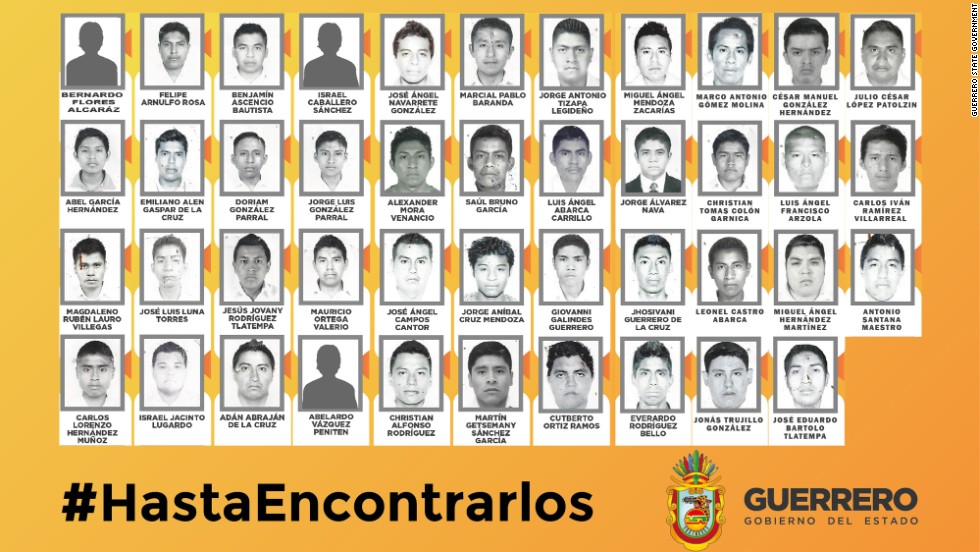
In 1980, in response to a failing economy, Fidel Castro announced that Cubans were free to leave Cuba through the Mariel port. The
Mariel Boatlift transported 125,000 Cubans in 1,700 boats.
Derek Palacio's first novel
The Mortifications tells the story of Soledad Encarnacion, wife to a Cuban rebel, who decided to take her twin children Ulises and Isabel on the boatlift to America for a new life. They settle in Connecticut and seem to be adjusting to their new lives, but internally they drift apart into separate prisons, never really free of Cuba or the man they left behind, father and husband Uxbal.
"Know this above all: fate is family, and family is fate."
Uxbel wanted to change the world. Soledad's shorthand records it. Isabel takes a vow of silence to prevent altering what must be, her voice poison. Ulises delves into words, the Classics, especially Aeschylus' The Oresteia, finding catharsis and ecstasy. Each follows a lonely path until recalled to Cuba, where the family is finally reunited.
"Don't forget that forgetting is a sin."
The characters struggle with their inner demons, working out their own salvation.
The novel grapples with so many ideas and character insights I had to stop reading and think. Do words change lives, and can silence protect us? What is home? What do we owe our children, our parents, what promises must be kept? What is the nature of God, of Jesus, of faith? How should we die? How should we live? How should we love each other, ourselves?
Palacio has written an amazing first novel, taking readers on a journey, revealing how life can batter and burnish the human heart until it shines.
*****
Thinking Deeper...
Catholic symbolism permeates the novel.
There is meaning behind the character's names:
- Encarnacion, incarnation in English, refers the manifestation of God in human form as Jesus Christ through the Virgin Birth.
- Ulises, Ulysses in Latin or Odysseus in Greek, is the hero of Homer's The Odysseus, the poem about the Trojan War and the long journey home.
- Isabel shares a name, as Ulises learns, with the wife of the conquistador Hernando de Soto, who became the first female governor of Cuba during her husband's absence.
- Soledad is Spanish for solitude, a name given to Mary the mother of Jesus.
The tradition of mortification of the flesh is alien to me as I am from a Protestant heritage. I thought that understanding it better would shed light on the novel.
Humans live in a fallen state of grace; that is Adam decided to do what he desired instead of following God's command. Ever since, humans have needed to control their desires to be a child of God.
Self-denial is the killing of human desire which controls our emotions and enslaves us. Sometimes we use self-abuse to purge our human desire, such as wearing hair shirts or flagellation. Mortification ('mort' means death) is a way to controlling our desire, a discipline that brings freedom.
In Galatians 5 Paul writes that "the works of the flesh are obvious: immorality, impurity, licentiousness, idolatry, sorcery, hatreds, rivalry, jealous, outbursts of fury, acts of selfishness, dissensions, factions, occasions of envy, drinking bouts, orgies, and the like."
The Encarnacion family become mired by these fleshy addictions. Uxbal is an alcoholic, a factionalist who dissents against Castro's government. Soeldad has a relationship with a man not her husband, but who loves her; she loves the Uxbal she sees in Willems. As cancer ruins her body, Soledad insists on abusive sex. Isabel and Ulisesalso use sex for their own purposes, and they share jealousy over the other's parental relationships.
Isabel had listened to Uxbal's singular religious concepts, and inspired by her experience caring for the dying, decides to enter the convent. She is asked to teach the deaf through sign language. Returning to Cuba, she plots to create her own fatherless child who might life a life unencumbered by the sins of a family. Ulises ends up choosing, Christ-like, to substitute for his father's sins.
I will be puzzling over this novel for a while.
I received a free book through a Twitter giveaway. It in no way impacts or influences my review.
19
 Ofrendas: Celebrating El Dia De Muertos is on exhibit at the Detroit Institute of Art until November 10, 2019. I was unprepared for what I would find when I entered this exhibit. I was immediately moved by the first display and the tears continued to well in my eyes throughout the exhibit.
Ofrendas: Celebrating El Dia De Muertos is on exhibit at the Detroit Institute of Art until November 10, 2019. I was unprepared for what I would find when I entered this exhibit. I was immediately moved by the first display and the tears continued to well in my eyes throughout the exhibit.

 This tree includes Mexicans who left their mark on the world.
This tree includes Mexicans who left their mark on the world.




















